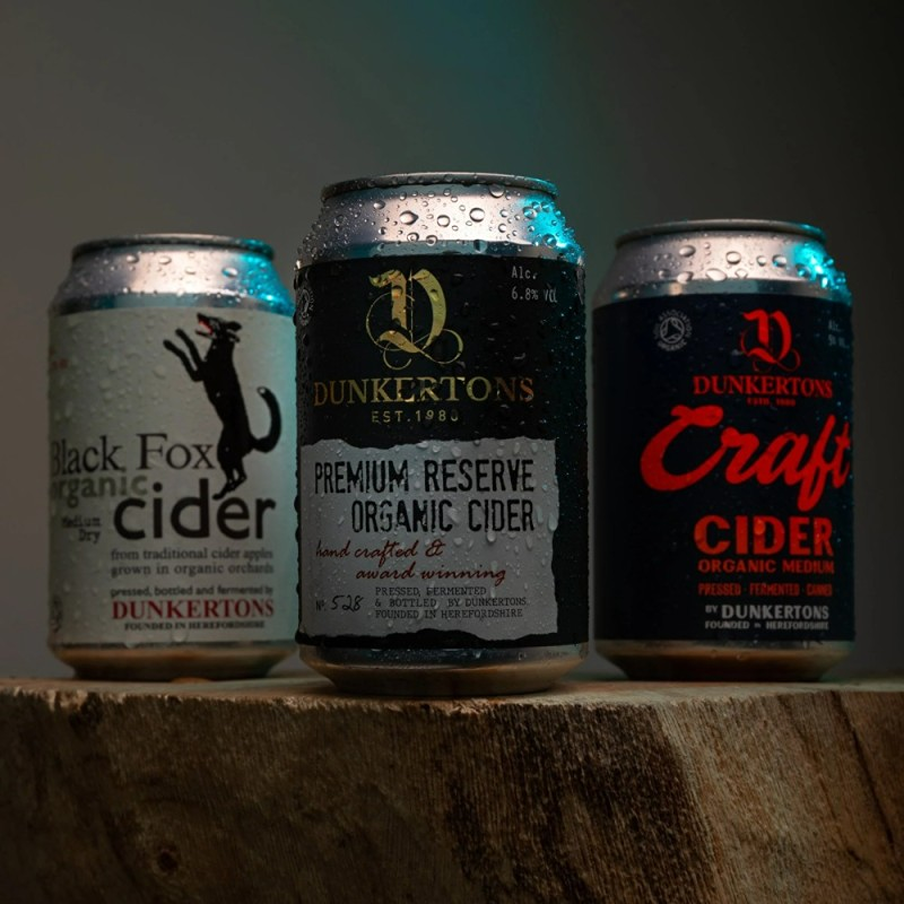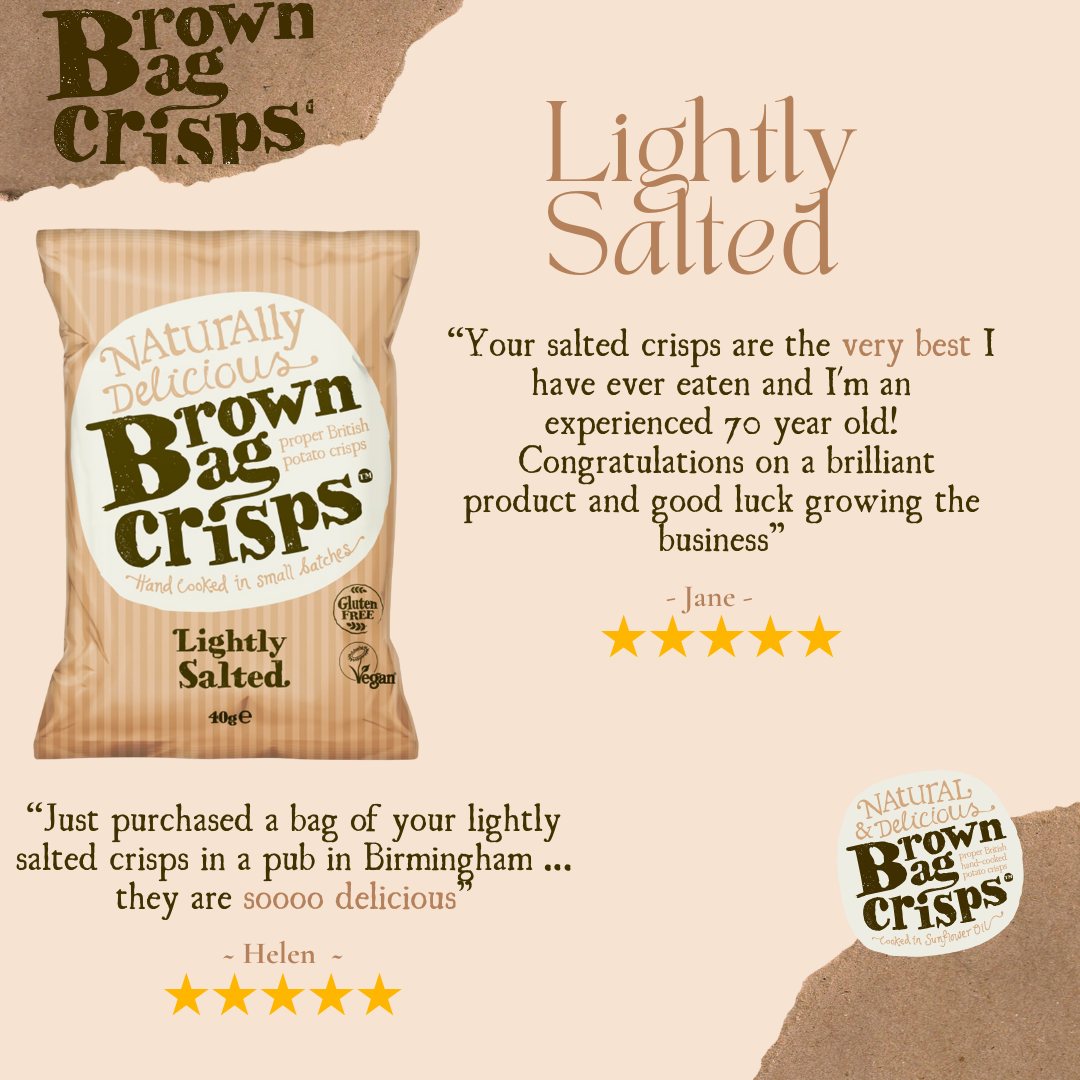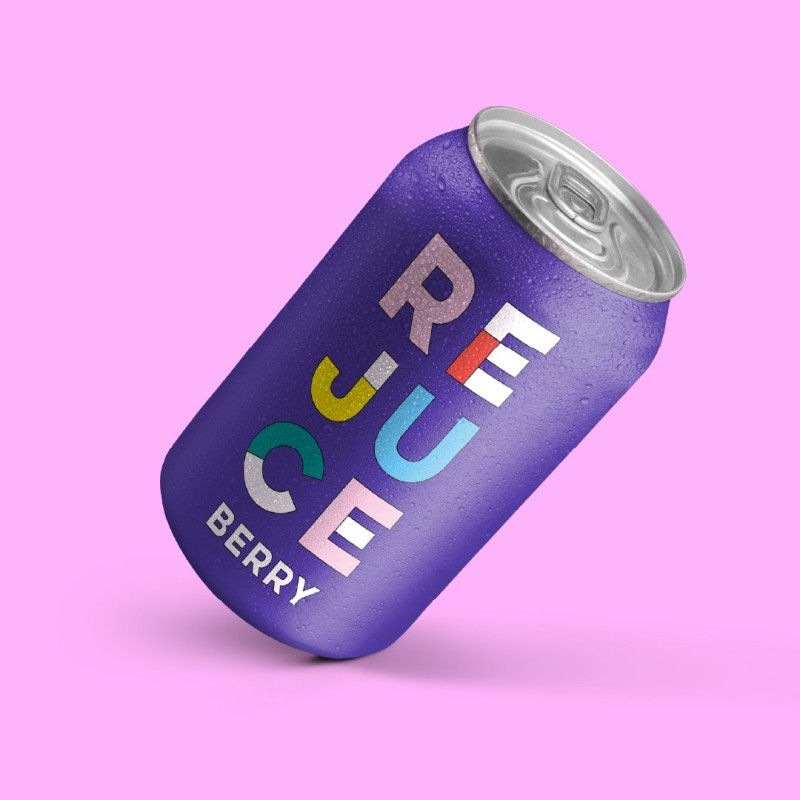Bee-Friendly Almonds (help our pollinators)

You may have heard in the media that many people are talking about the ethics of eating almonds and avocados, along with a few other ‘plant-based foods’.
This is to do with industrial farming methods (that kill bees in their billions in North America) by not protecting the wildlife habitats of bees, during and after harvesting.
Above is a recipe for vegan almond cake (Rainbow Nourishments) which is fine, if you use sustainably-sourced nuts.
Avoid nuts for young children and allergies, and keep away from pets. Read more on food safety for people & pets.
Most almonds sold in the world are farmed in California, where they use a colossal amount of water, in a state prone to drought.
Corporate farms use pesticides that lead to monoculture orchards, so bees get sick (more bees die in the US, than animals and fish slaughtered for food).
The Bee Better Certified program gives consumers the choice to buy almonds that are grown/produced by companies that are inspected & certified (a bit like our Soil Association), to ensure pollinator-friendly practices.
Another option is to simply buy almonds from Europe, that are not farmed in the same harmful manner. Forest Wholefoods sell organic Italian almonds (recycle packaging at supermarket bag bins). , if your kerbside does not recycle).
You can also buy heat-treated blanched organic almonds (grind to make almond flour). Or buy organic blanched almond flour.
For almond milk, Devon’s ReRooted Almond Milk (sold in returnable glass bottles) uses almonds from Italy or Spain, depending on season.
If you grow organic almond trees, read how to make gardens safe for pets (many nut and fruit trees are unsafe near horses).
A Recipe for Vegan Almond Croissant Bars
This recipe for vegan almond croissant bars (Rainbow Nourishments) gives all the taste of a breakfast croissant, but are far easier to make! You’ll need flour, plant milk, coconut oil and maple syrup, plus almond meal and pure almond extract.





